Rethinking the EU and NATO
Monday, 21.04.2008.
11:36

Rethinking the EU and NATO The possibility of an all-out military invasion of Western Europe was taken seriously for decades. Generations of NATO military officers confronted the problem of defending the legendary “Fulda Gap” in West Germany through which Soviet tank columns were expected to strike. The European Union evolved in the same post World War II period. At its core were nations geographically linked who wanted to cooperate more closely for mutual benefit. This meant freedom of movement, easier and freer passage of goods, and raised standards of living for all. It also meant a concerted effort to avoid a repeat of the European Wars which have plagued the continent for centuries. Some visionaries wanted it to turn into a kind of United States of Europe. Others had more limited goals, but the basis was the shared values of democracy, human rights and being “European.” The collapse of Communism, the break-up of the Soviet Union, and the end of the Warsaw Pact were victories both for NATO and the EU. NATO had provided the essential protective layer for the West to contain the Communist threat. But the undoubted economic and human successes of the EU also stood in stark contrast to the poverty within the Warsaw Pact and therefore helped just as much in demonstrating the flaws of the Communist system and undermining it. Having “won” the Cold War, however, both organizations faced the challenge of having to deal with a newly “freed” Eastern Europe. With its raison d’etre consigned to the dustbins of history, NATO could logically have disbanded with a rousing “Mission Accomplished” celebration. Instead it continued to expand and take on new tasks including “out of area” missions not originally contemplated and helping the democratic transition and stabilization of the countries of the former Soviet empire and the former Yugoslavia. NATO did so in a kind of informal partnership with the European Union. While it provided the security guarantees and helped reform the military structures of the countries of central and eastern Europe, the EU agreed to conditionally open its doors to these countries, providing that they adhered to the half-meter high set of regulations, decrees, practices, and policies required of all EU member countries. The draw of EU membership and the perceived access it would bring to a far higher standard of living was a sufficient carrot to persuade most of these countries to make their transition steps both more quickly than would otherwise have been the case and also with uniform benchmarks. As the recent NATO Summit, as well as the debates over the future course of the EU, have made apparent, there are daunting challenges facing each organization. They include: -Both organizations have gone beyond their initial mandates and there are now radically different views inside both NATO and the EU over future direction. These differences have increased geometrically as new members have been added. At one end of the NATO spectrum are countries like Poland and the Baltic States, which still look upon it primarily as an essential defensive alliance against Russia. At the other are countries that have joined more for the prestige of it than anything else and do not intend to either play a military role or to have to call upon NATO for security assistance. The EU contains individuals and countries that want it to become far more centralized than it already is, as well as those already chafing at the Brussels bureaucracy. -A resurgent Russia is aggressively re-asserting its role in the world. Moreover, it is under the leadership of a former KGB agent who views NATO and the EU with hostility and suspicion. He particularly sees NATO expansion into its “near abroad” as almost a “casus belli.” Viewed in purely military terms in the face of a hostile Russia, NATO’s extension into countries such as the Baltics was a dangerous over-extension. Russia’s implacable resistance to the proposed missile defense system planned in part for Poland and the Czech Republic portends even more strained relationships in the future. So does the combination of the EU’s reliance on Russian oil and gas resources and the increasing gap between the democratic EU and autocratic Russia. -The feeling in the 1990s of an inevitable wave of democratization sweeping the globe has come to an end and many would argue is receding. This has implications not only for NATO and EU expansion, but also for the relationships of both organizations with non-members such as Russia, the Eurasian countries, and even those in the Balkans. -The collapse of the Soviet Empire has made member-countries in NATO far freer to fall back on domestic political agendas (such as Greece in denying membership to Macedonia over its name). It has led to a dual standard with some countries bearing the burden of common decisions such as involvement in Afghanistan and others blatantly shirking their responsibilities. -A lot of the countries now hoping for NATO or EU membership are far removed geographically (those in Eurasia) from Western Europe and even further removed philosophically. Each wave of expansion is getting progressively more problematic. But slamming the door to potential applicants from these countries also has negative implications. -Many of the newer members of NATO and the EU were let in prematurely, at least purely in terms of their military/political/economic development and overall democratic transition. As a result, they have made the internal workings of both organizations more difficult. -The practice of decision-making by consensus in both organizations worked better when memberships were small and external threats large. It is working less and less satisfactorily as membership increases. All too often member-countries prevent action for purely domestic political reasons or short-term gains at the expense of new applicants who are neighboring countries. Many of the internal problems confronting these organizations are now playing themselves out in this region. Croatia faces a potential veto on its EU membership by Slovenia as blackmail over border disputes. Greece has vetoed Macedonia’s membership in NATO over the name issue and will probably do the same to both Macedonia’s and Turkey’s bids for EU membership. Bosnia is wobbling along, probably being prevented from veering into instability on the promise of closer ties to both the EU and NATO which on the merits (and its Dayton-imposed political system), it does not deserve. The EU is pressing the Netherlands for an easing of the rigid conditionality on Serbia that the EU itself applied to Croatia regarding the requirement to transfer all ICTY indictees to The Hague not because it believes that Serbia is fully ready for an SSA, but because they are afraid of the political consequences in Serbia of not offering it. Both NATO and the EU find themselves in conflict with Russia over Kosovo and the problem seems only to have been sharpened by the Unilateral Declaration of Independence. Russia has, for example, now sharply warned the EU against full deployment of its EULEX Mission. Instead of the black and white world of the Cold War, both the EU and NATO now face a world which has become very grey. It is time – and necessary for both organizations to get off “automatic pilot” and make some important decisions about their future course that takes into account the very different world in which we are now living. Daunting challenges after summit (FoNet) The North Atlantic Treaty Organization (NATO) was created to defend its member countries from an expansionist Soviet Union following the Second World War. One by one, the countries of Eastern Europe had been swallowed up. William Montgomery It is time – and necessary for both organizations to get off “automatic pilot” and make some important decisions about their future course that takes into account the very different world in which we are now living.
Rethinking the EU and NATO
The possibility of an all-out military invasion of Western Europe was taken seriously for decades. Generations of NATO military officers confronted the problem of defending the legendary “Fulda Gap” in West Germany through which Soviet tank columns were expected to strike.The European Union evolved in the same post World War II period. At its core were nations geographically linked who wanted to cooperate more closely for mutual benefit. This meant freedom of movement, easier and freer passage of goods, and raised standards of living for all.
It also meant a concerted effort to avoid a repeat of the European Wars which have plagued the continent for centuries. Some visionaries wanted it to turn into a kind of United States of Europe. Others had more limited goals, but the basis was the shared values of democracy, human rights and being “European.”
The collapse of Communism, the break-up of the Soviet Union, and the end of the Warsaw Pact were victories both for NATO and the EU. NATO had provided the essential protective layer for the West to contain the Communist threat. But the undoubted economic and human successes of the EU also stood in stark contrast to the poverty within the Warsaw Pact and therefore helped just as much in demonstrating the flaws of the Communist system and undermining it.
Having “won” the Cold War, however, both organizations faced the challenge of having to deal with a newly “freed” Eastern Europe. With its raison d’etre consigned to the dustbins of history, NATO could logically have disbanded with a rousing “Mission Accomplished” celebration. Instead it continued to expand and take on new tasks including “out of area” missions not originally contemplated and helping the democratic transition and stabilization of the countries of the former Soviet empire and the former Yugoslavia.
NATO did so in a kind of informal partnership with the European Union. While it provided the security guarantees and helped reform the military structures of the countries of central and eastern Europe, the EU agreed to conditionally open its doors to these countries, providing that they adhered to the half-meter high set of regulations, decrees, practices, and policies required of all EU member countries.
The draw of EU membership and the perceived access it would bring to a far higher standard of living was a sufficient carrot to persuade most of these countries to make their transition steps both more quickly than would otherwise have been the case and also with uniform benchmarks.
As the recent NATO Summit, as well as the debates over the future course of the EU, have made apparent, there are daunting challenges facing each organization. They include:
-Both organizations have gone beyond their initial mandates and there are now radically different views inside both NATO and the EU over future direction. These differences have increased geometrically as new members have been added. At one end of the NATO spectrum are countries like Poland and the Baltic States, which still look upon it primarily as an essential defensive alliance against Russia. At the other are countries that have joined more for the prestige of it than anything else and do not intend to either play a military role or to have to call upon NATO for security assistance. The EU contains individuals and countries that want it to become far more centralized than it already is, as well as those already chafing at the Brussels bureaucracy.
-A resurgent Russia is aggressively re-asserting its role in the world. Moreover, it is under the leadership of a former KGB agent who views NATO and the EU with hostility and suspicion. He particularly sees NATO expansion into its “near abroad” as almost a “casus belli.” Viewed in purely military terms in the face of a hostile Russia, NATO’s extension into countries such as the Baltics was a dangerous over-extension. Russia’s implacable resistance to the proposed missile defense system planned in part for Poland and the Czech Republic portends even more strained relationships in the future. So does the combination of the EU’s reliance on Russian oil and gas resources and the increasing gap between the democratic EU and autocratic Russia.
-The feeling in the 1990s of an inevitable wave of democratization sweeping the globe has come to an end and many would argue is receding. This has implications not only for NATO and EU expansion, but also for the relationships of both organizations with non-members such as Russia, the Eurasian countries, and even those in the Balkans.
-The collapse of the Soviet Empire has made member-countries in NATO far freer to fall back on domestic political agendas (such as Greece in denying membership to Macedonia over its name). It has led to a dual standard with some countries bearing the burden of common decisions such as involvement in Afghanistan and others blatantly shirking their responsibilities.
-A lot of the countries now hoping for NATO or EU membership are far removed geographically (those in Eurasia) from Western Europe and even further removed philosophically. Each wave of expansion is getting progressively more problematic. But slamming the door to potential applicants from these countries also has negative implications.
-Many of the newer members of NATO and the EU were let in prematurely, at least purely in terms of their military/political/economic development and overall democratic transition. As a result, they have made the internal workings of both organizations more difficult.
-The practice of decision-making by consensus in both organizations worked better when memberships were small and external threats large. It is working less and less satisfactorily as membership increases. All too often member-countries prevent action for purely domestic political reasons or short-term gains at the expense of new applicants who are neighboring countries.
Many of the internal problems confronting these organizations are now playing themselves out in this region. Croatia faces a potential veto on its EU membership by Slovenia as blackmail over border disputes. Greece has vetoed Macedonia’s membership in NATO over the name issue and will probably do the same to both Macedonia’s and Turkey’s bids for EU membership.
Bosnia is wobbling along, probably being prevented from veering into instability on the promise of closer ties to both the EU and NATO which on the merits (and its Dayton-imposed political system), it does not deserve. The EU is pressing the Netherlands for an easing of the rigid conditionality on Serbia that the EU itself applied to Croatia regarding the requirement to transfer all ICTY indictees to The Hague not because it believes that Serbia is fully ready for an SSA, but because they are afraid of the political consequences in Serbia of not offering it.
Both NATO and the EU find themselves in conflict with Russia over Kosovo and the problem seems only to have been sharpened by the Unilateral Declaration of Independence. Russia has, for example, now sharply warned the EU against full deployment of its EULEX Mission.
Instead of the black and white world of the Cold War, both the EU and NATO now face a world which has become very grey. It is time – and necessary for both organizations to get off “automatic pilot” and make some important decisions about their future course that takes into account the very different world in which we are now living.










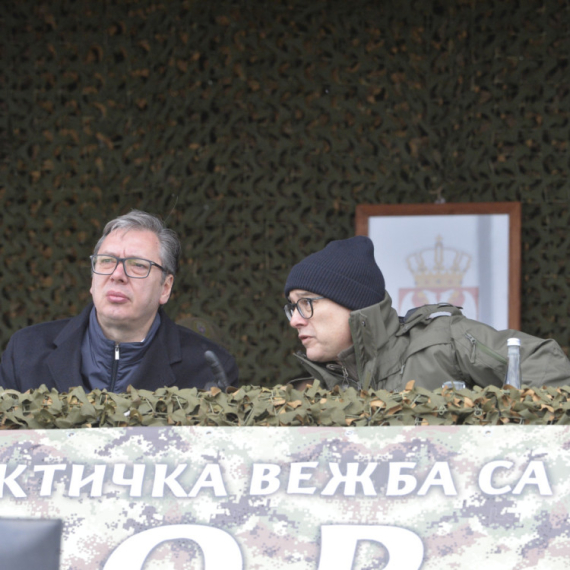

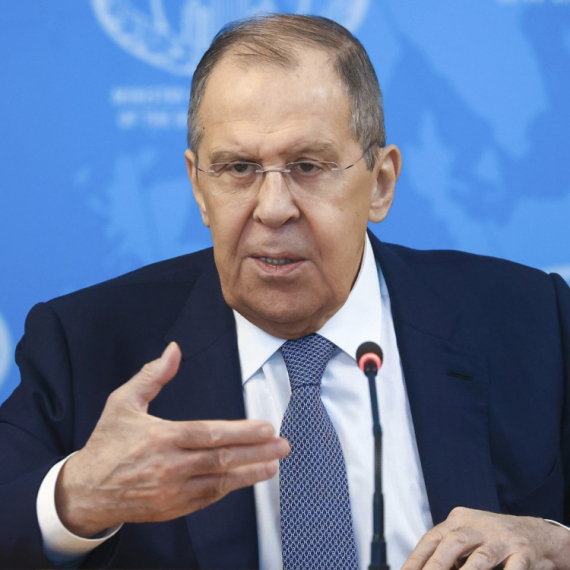


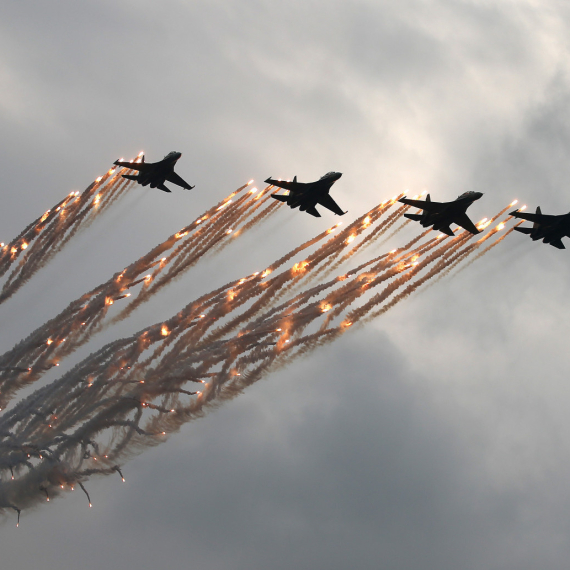
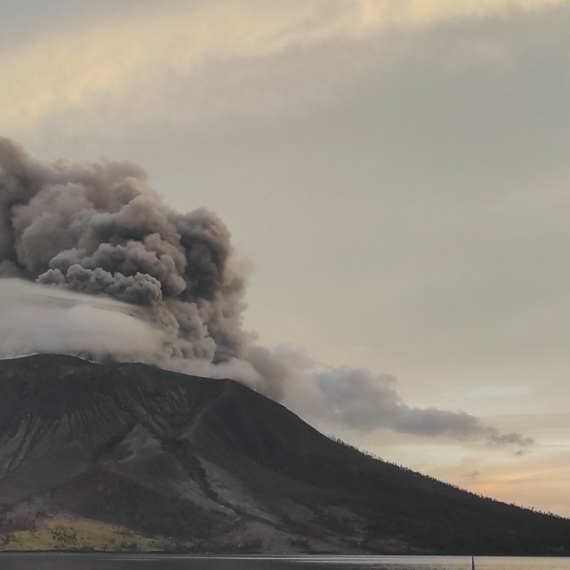

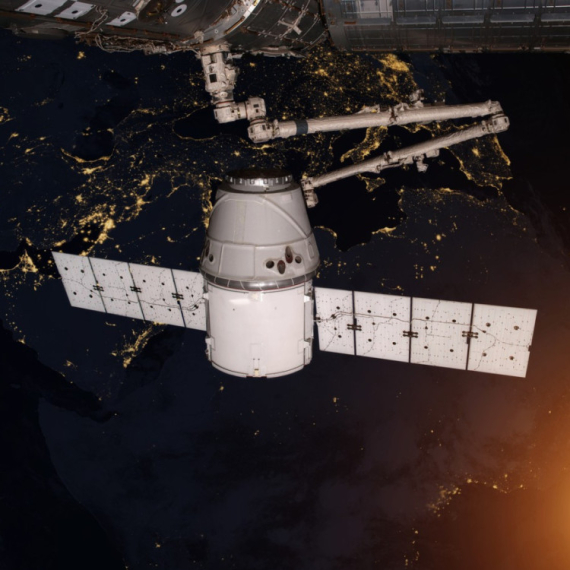






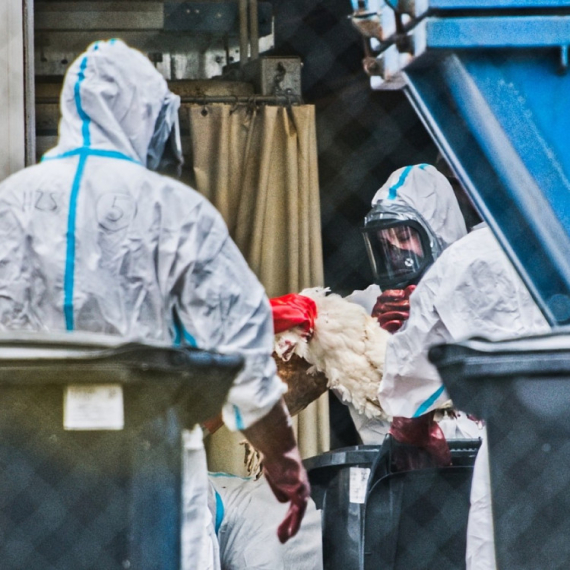













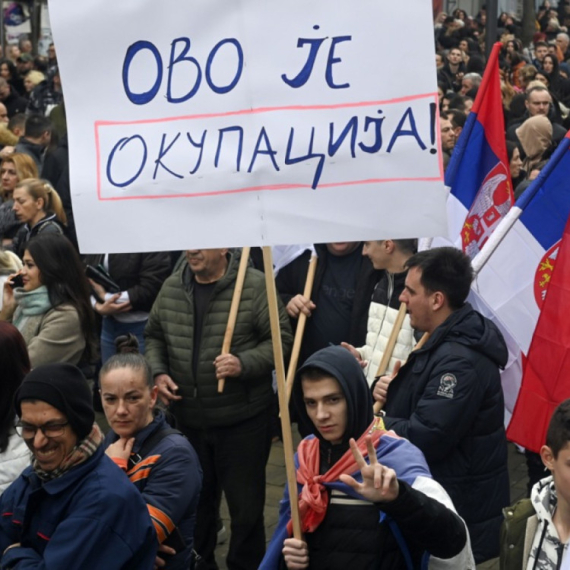





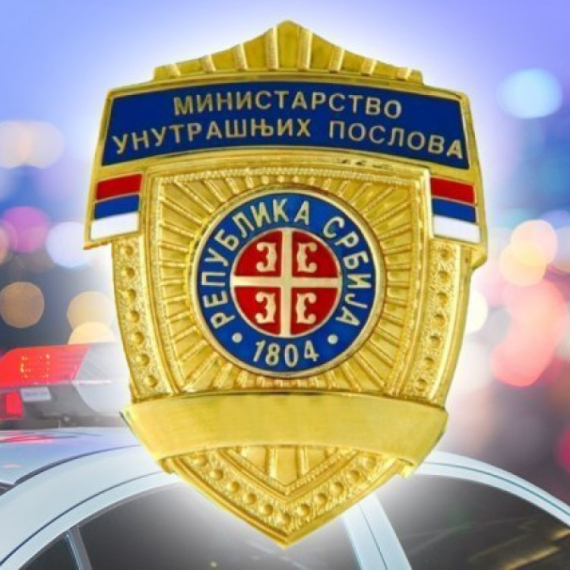




Komentari 7
Pogledaj komentare